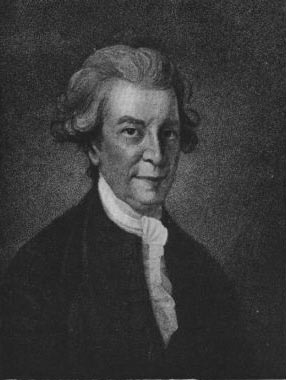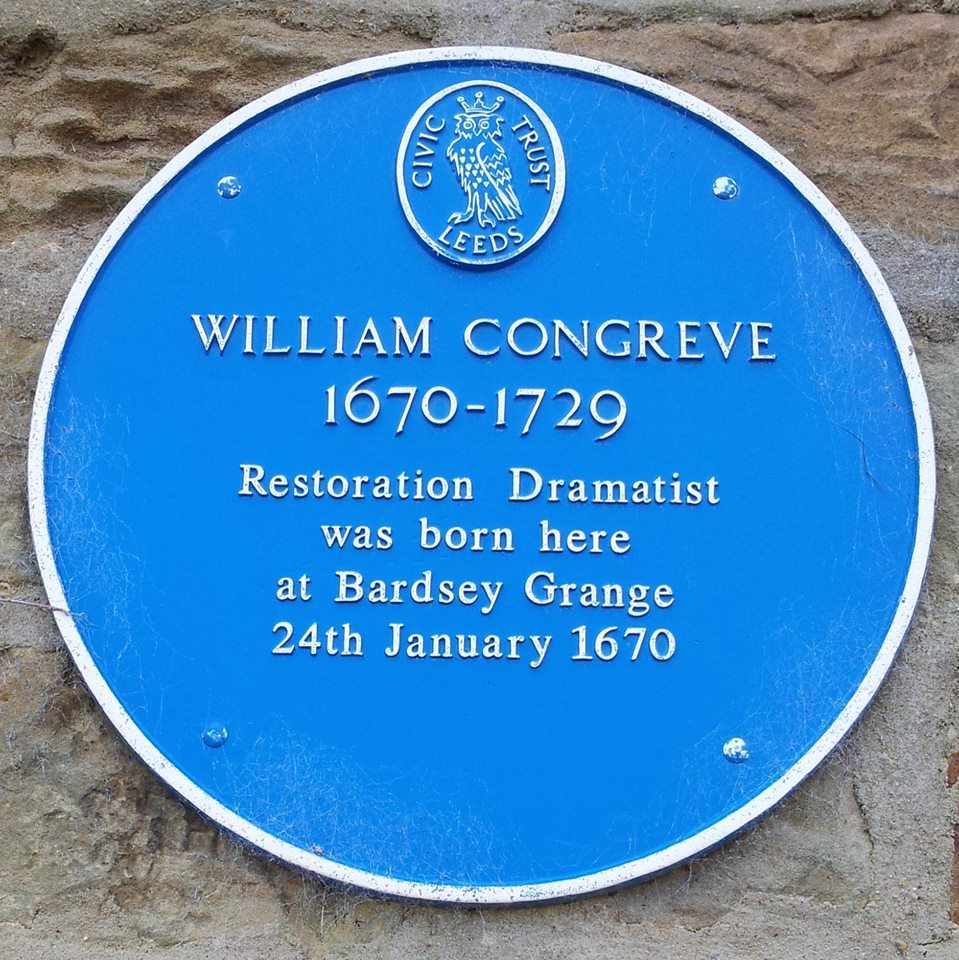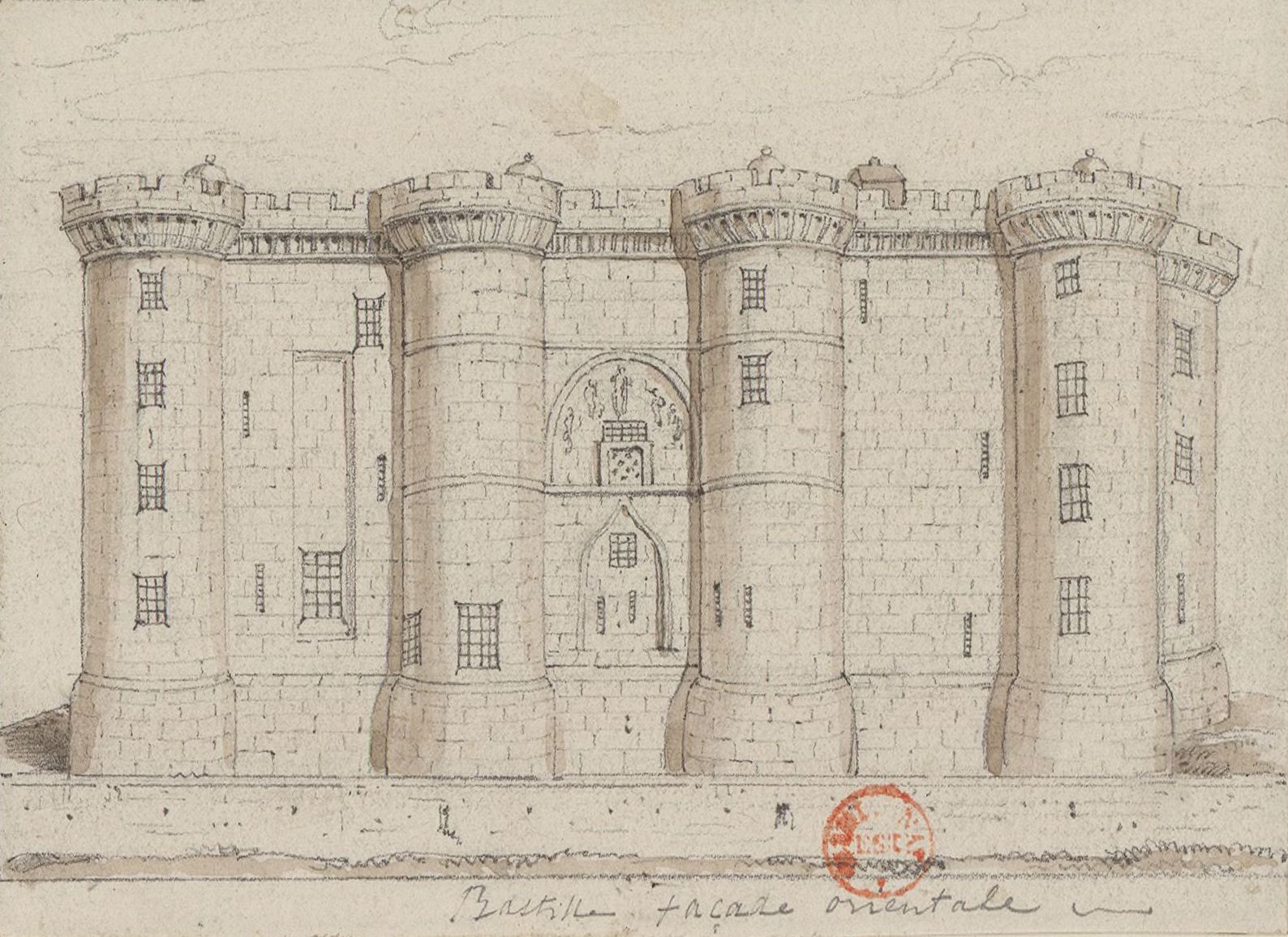|
Captain O'Blunder
''Captain O'Blunder or The Brave Irishman'' is a comedy play by the Irish actor-manager Thomas Sheridan, first performed in the early 1740s at the Smock Alley Theatre in Dublin. It depicts the adventures of a naive Irishman in London. It is a reworking of the 1704 comedy '' Squire Trelooby'' by William Congreve and John Vanbrugh, itself based on a French farce by Molière Jean-Baptiste Poquelin (, ; 15 January 1622 (baptised) – 17 February 1673), known by his stage name Molière (, , ), was a French playwright, actor, and poet, widely regarded as one of the greatest writers in the French language and worl .... List of Characters * Tradewell - a London merchant * Captain O'Blunder - an Irish officer (performed by Mr Sparks) * Lucy - daughter of Tradewell * Betty - Lucy's maid * Cheatwell - Lucy's lover * Sconce * Monsieur Ragout * Sergeant * Dr Clyfter - Physician * Dr Gellypot - Physician * Captain O'Blunder's servant References Bibliography * Moody, Jane & O'Qui ... [...More Info...] [...Related Items...] OR: [Wikipedia] [Google] [Baidu] |
Comedy Play
Comedy is a genre of dramatic performance having a light or humorous tone that depicts amusing incidents and in which the characters ultimately triumph over adversity. For ancient Greeks and Romans, a comedy was a stage-play with a happy ending. In the Middle Ages, the term expanded to include narrative poems with happy endings and a lighter tone. In this sense Dante used the term in the title of his poem, the ''Divine Comedy'' (Italian: ''Divina Commedia''). The phenomena connected with laughter and that which provokes it have been carefully investigated by psychologists. The predominating characteristics are incongruity or contrast in the object, and shock or emotional seizure on the part of the subject. It has also been held that the feeling of superiority is an essential factor: thus Thomas Hobbes speaks of laughter as a "sudden glory." Modern investigators have paid much attention to the origin both of laughter and of smiling, as well as the development of the "play insti ... [...More Info...] [...Related Items...] OR: [Wikipedia] [Google] [Baidu] |
Kingdom Of Ireland
The Kingdom of Ireland ( ga, label=Classical Irish, an Ríoghacht Éireann; ga, label=Modern Irish, an Ríocht Éireann, ) was a monarchy on the island of Ireland that was a client state of England and then of Great Britain. It existed from 1542 until 1801. It was ruled by the monarchs of England and then of Great Britain, and administered from Dublin Castle by a viceroy appointed by the English king: the Lord Deputy of Ireland. It had a parliament, composed of Anglo-Irish and native nobles. From 1661 until 1801, the administration controlled an army. A Protestant state church, the Church of Ireland, was established. Although styled a kingdom, for most of its history it was, ''de facto'', an English dependency.MacInnes, Allan. ''Union and Empire: The Making of the United Kingdom in 1707''. Cambridge University Press, 2007. p.109 This status was enshrined in Poynings' Law and in the Declaratory Act of 1719. The territory of the kingdom comprised that of the former Lords ... [...More Info...] [...Related Items...] OR: [Wikipedia] [Google] [Baidu] |
Thomas Sheridan (actor)
Thomas Sheridan (1719 – 14 August 1788) was an Irish stage actor, an educator, and a major proponent of the elocution movement. He received his M.A. in 1743 from Trinity College in Dublin, and was the godson of Jonathan Swift. He also published a "respelled" dictionary of the English language (1780). He was married (1747) to Frances Chamberlaine. His son was the better known Richard Brinsley Sheridan, while his daughters were also writers - Alicia, a playwright, and Betsy Sheridan a diarist. His work is very noticeable in the writings of Hugh Blair. Life Thomas Sheridan was the third son of Dr Thomas Sheridan, an Anglican divine, noted for his close friendship with Jonathan Swift, and his wife Elizabeth McFadden His parents' marriage was notoriously unhappy, and they lived apart much of the time. Thomas attended Westminster School in 1732–1733 but, because of his father's financial problems, he had to finish his initial education in Dublin. In 1739, he earned his BA from ... [...More Info...] [...Related Items...] OR: [Wikipedia] [Google] [Baidu] |
Smock Alley Theatre
Since the 17th century, there have been numerous theatres in Dublin with the name Smock Alley. The current Smock Alley Theatre () is a 21st-century theatre in Dublin, converted from a 19th-century church building, incorporating structural material from an 18th-century theatre building, and built on the site of the 17th century Theatre Royal, Dublin. The present theatre was opened in 2012, after a €3.5 million investment. 17 May 2012 The Smock Alley Theatre site comprises Smock Alley Theatre (178 seats), The Boys School (60 - 100 capacity), Black Box (80 capacity), ... [...More Info...] [...Related Items...] OR: [Wikipedia] [Google] [Baidu] |
Dublin
Dublin (; , or ) is the capital and largest city of Republic of Ireland, Ireland. On a bay at the mouth of the River Liffey, it is in the Provinces of Ireland, province of Leinster, bordered on the south by the Dublin Mountains, a part of the Wicklow Mountains range. At the 2016 census of Ireland, 2016 census it had a population of 1,173,179, while the preliminary results of the 2022 census of Ireland, 2022 census recorded that County Dublin as a whole had a population of 1,450,701, and that the population of the Greater Dublin Area was over 2 million, or roughly 40% of the Republic of Ireland's total population. A settlement was established in the area by the Gaels during or before the 7th century, followed by the Vikings. As the Kings of Dublin, Kingdom of Dublin grew, it became Ireland's principal settlement by the 12th century Anglo-Norman invasion of Ireland. The city expanded rapidly from the 17th century and was briefly the second largest in the British Empire and sixt ... [...More Info...] [...Related Items...] OR: [Wikipedia] [Google] [Baidu] |
London
London is the capital and largest city of England and the United Kingdom, with a population of just under 9 million. It stands on the River Thames in south-east England at the head of a estuary down to the North Sea, and has been a major settlement for two millennia. The City of London, its ancient core and financial centre, was founded by the Romans as '' Londinium'' and retains its medieval boundaries.See also: Independent city § National capitals The City of Westminster, to the west of the City of London, has for centuries hosted the national government and parliament. Since the 19th century, the name "London" has also referred to the metropolis around this core, historically split between the counties of Middlesex, Essex, Surrey, Kent, and Hertfordshire, which largely comprises Greater London, governed by the Greater London Authority.The Greater London Authority consists of the Mayor of London and the London Assembly. The London Mayor is distinguished fr ... [...More Info...] [...Related Items...] OR: [Wikipedia] [Google] [Baidu] |
Squire Trelooby
''Squire Trelooby'' is a 1704 farce by the writers William Congreve, John Vanbrugh and William Walsh. All were members of the Kit-Cat Club and another member Samuel Garth wrote a prologue. It was inspired by the French play ''Monsieur de Pourceaugnac'' by Molière. In 1734 James Ralph wrote ''The Cornish Squire'', a reworking of the play which was staged at Drury Lane Theatre. It was considered a great success, and was followed by another version '' The Brave Irishman'' by Thomas Sheridan at Dublin's Smock Alley Theatre Since the 17th century, there have been numerous theatres in Dublin with the name Smock Alley. The current Smock Alley Theatre () is a 21st-century theatre in Dublin, converted from a 19th-century church building, incorporating structural mat ... in 1744.Sheldon pp. 20–21 References Bibliography * Burling, William J. ''A Checklist of New Plays and Entertainments on the London Stage, 1700–1737''. Fairleigh Dickinson Univ Press, 1992. * Field, Opheli ... [...More Info...] [...Related Items...] OR: [Wikipedia] [Google] [Baidu] |
William Congreve
William Congreve (24 January 1670 – 19 January 1729) was an English playwright and poet of the Restoration period. He is known for his clever, satirical dialogue and influence on the comedy of manners style of that period. He was also a minor political figure in the British Whig Party. Early life William Congreve was born in Bardsey Grange, on an estate near Ledston, West Riding of Yorkshire. Although Samuel Johnson disputed this, it has since been confirmed by a baptism entry for "William, sonne of Mr. William Congreve, of Bardsey grange, baptised 10 February 1669" .e. 1670 by the modern reckoning of the new year His parents were Colonel William Congreve (1637–1708) and Mary Browning (1636?–1715), who moved to London in 1672, then to the Irish port of Youghal. Congreve was educated at Kilkenny College, where he met Jonathan Swift, and at Trinity College Dublin. He moved to London to study law at the Middle Temple, but preferred literature, drama, and the fashionable ... [...More Info...] [...Related Items...] OR: [Wikipedia] [Google] [Baidu] |
John Vanbrugh
Sir John Vanbrugh (; 24 January 1664 (baptised) – 26 March 1726) was an English architect, dramatist and herald, perhaps best known as the designer of Blenheim Palace and Castle Howard. He wrote two argumentative and outspoken Restoration comedies, ''The Relapse'' (1696) and ''The Provoked Wife'' (1697), which have become enduring stage favourites but originally occasioned much controversy. He was knighted in 1714.Robert Chambers, Book of Days Vanbrugh was in many senses a radical throughout his life. As a young man and a committed Whig, he was part of the scheme to overthrow James II and put William III on the throne. He was imprisoned by the French as a political prisoner. In his career as a playwright, he offended many sections of Restoration and 18th century society, not only by the sexual explicitness of his plays, but also by their messages in defence of women's rights in marriage. He was attacked on both counts, and was one of the prime targets of Jeremy Col ... [...More Info...] [...Related Items...] OR: [Wikipedia] [Google] [Baidu] |
Molière
Jean-Baptiste Poquelin (, ; 15 January 1622 (baptised) – 17 February 1673), known by his stage name Molière (, , ), was a French playwright, actor, and poet, widely regarded as one of the greatest writers in the French language and world literature. His extant works include comedies, farces, tragicomedies, comédie-ballets, and more. His plays have been translated into every major living language and are performed at the Comédie-Française more often than those of any other playwright today. His influence is such that the French language is often referred to as the "language of Molière". Born into a prosperous family and having studied at the Collège de Clermont (now Lycée Louis-le-Grand), Molière was well suited to begin a life in the theatre. Thirteen years as an itinerant actor helped him polish his comedic abilities while he began writing, combining Commedia dell'arte elements with the more refined French comedy. Through the patronage of aristocrats including ... [...More Info...] [...Related Items...] OR: [Wikipedia] [Google] [Baidu] |


.jpg)



.jpg)